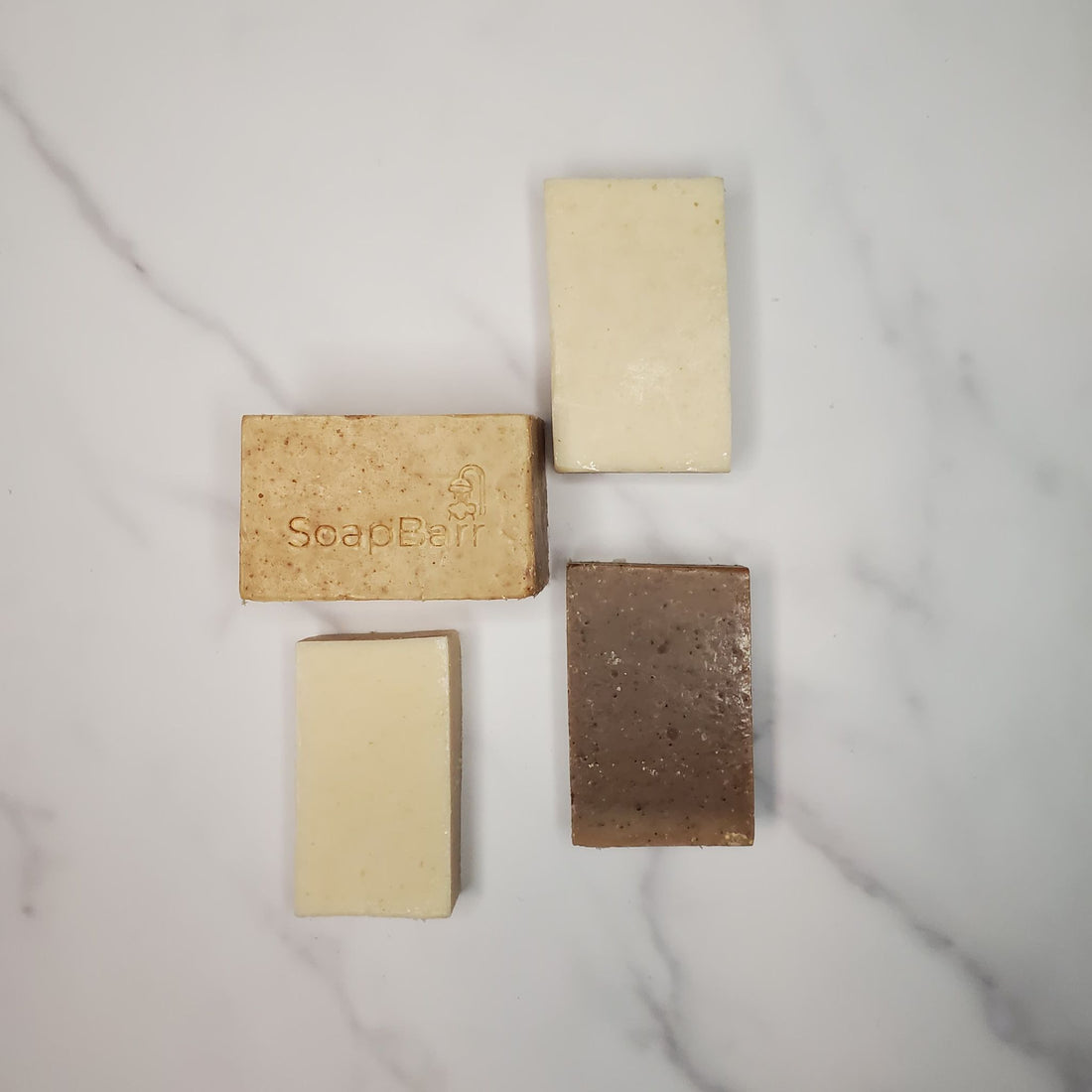
Why soap?
Soap is a common household item that has been used for centuries for various purposes, primarily for cleaning and personal hygiene. It is a product of a chemical reaction called saponification, which involves mixing fats or oils with an alkali (such as sodium hydroxide or potassium hydroxide). This reaction creates soap molecules, which have hydrophilic (water-attracting) and hydrophobic (water-repelling) ends. This unique structure allows soap to effectively remove dirt, oil, and bacteria from surfaces.
Here are some key points about soap:
-
History of Soap: The use of soap dates back thousands of years. Ancient civilizations like the Babylonians, Egyptians, and Romans made soap by combining animal fats with ashes. In ancient times, soap was primarily used for cleaning textiles and laundry, rather than for personal hygiene.
-
Types of Soap:
- Bar Soap: This is the most traditional form of soap and is solid in shape. It is commonly used for bathing, handwashing, and general cleaning purposes.
- Liquid Soap: This type of soap comes in liquid form and is often used for handwashing and as a refill for soap dispensers.
- Castile Soap: Made from 100% plant-based oils, such as olive oil, this soap is gentle and suitable for sensitive skin.
- Glycerin Soap: Glycerin is a natural byproduct of the soap-making process. Glycerin soap is gentle and moisturizing for the skin.
- Antibacterial Soap: Soap containing antibacterial agents like triclosan or triclocarban. However, there is debate over the necessity and effectiveness of these soaps.
-
Cleaning Mechanism: Soap molecules have a unique structure with a hydrophilic "head" and a hydrophobic "tail." When you wash your hands or any surface with soap and water, the hydrophobic tails of soap molecules attach to dirt, grease, and bacteria. The hydrophilic heads surround these particles, creating small clusters called micelles. These micelles then disperse in the water, carrying away the dirt and bacteria when rinsed.
-
Personal Hygiene: Soap is essential for personal hygiene. Regular handwashing with soap and water is one of the most effective ways to prevent the spread of infectious diseases. It helps remove harmful microorganisms from our hands, reducing the risk of infections.
-
Environmental Impact: Traditionally, soap has been biodegradable and considered environmentally friendly. However, some commercial soaps may contain additives or synthetic chemicals that are less eco-friendly. Environmentally conscious consumers often opt for natural or organic soap products.
-
Soap Making: The art of soap making can be a fun and creative hobby. Many people enjoy making their own soap by customizing scents, colors, and additional ingredients like essential oils, herbs, and exfoliants.
-
Industrial Applications: Soap is not only used for personal hygiene but also finds applications in various industries, such as cleaning agents for household and commercial use, soap flakes for washing delicate fabrics, and soap powders for laundry.
It's important to note that while soap is effective for general cleaning and handwashing, it is not suitable for all surfaces or materials. Some delicate fabrics or certain materials may be damaged by soap, so it's essential to follow specific care instructions for different items.
